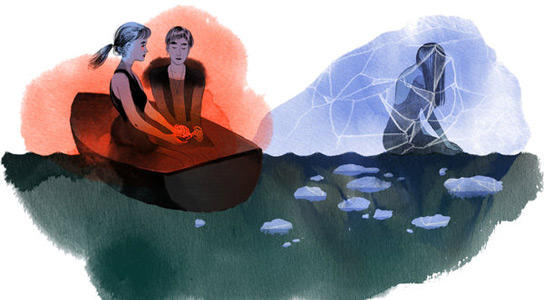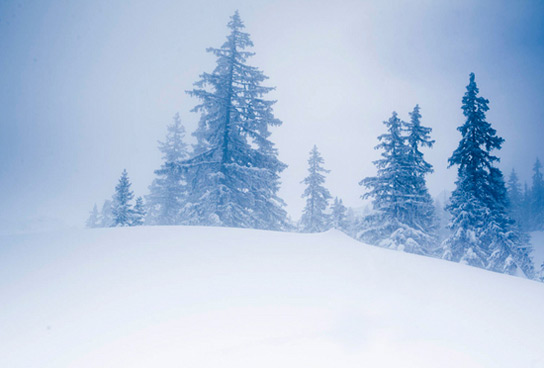
Loneliness or social exclusion causes a drop in skin temperature, reflecting individuals’ responses to social interactions. Credit: Angie Wang
When people feel lonely, or when someone is being excluded by others, the person’s skin becomes colder. This is how people respond to exclusion and other social interactions.
The scientists published their findings in the journal Acta Psychologica. Dozens of students were asked to participate in a simulated ball-tossing game with computer-generated avatars. While they played, the researchers measured their skin temperature 24 times.

Credit: Xweather
The avatars refrained from tossing the ball to certain subjects and this made people feel bad about being left out. The excluded people had their body temperature drop by an average of 0.378 degrees. This could be linked to the autonomic nervous system. Research has shown that heart rate, levels of registration, and other involuntary physiological responses are affected by social interactions.
When people feel excluded, vasoconstriction occurs. Blood vessels at the periphery of the body may narrow in order to preserve core body heat. The memory of being socially excluded, or just feeling different from others, is enough to change our perception of the environment around them. This could lead people to sense that a room in which they are standing is colder than it actually is.
Holding a warm cup of coffee or tea is enough to halt and even reverse some of these autonomic responses. The body can be fooled into feeling welcome by applying a little warmth and studies have shown that adults and children are more social after they’ve touched something warm.
Relational models theory proposes that people engage in four types of basic relationships. Evolutionarily speaking, the most ancient is communal sharing, when people give according to ability and take according to need. Communal sharing relationships are typically formed and sustained through acts of physical contact. Such actions typically involve the sensation of being physically warm, which is something we instinctively find essential.
More research needs to be done to figure out how the human body reacts to feeling and memory, and how thermal cues from the environment affect social interactions. But one thing is clear: humans everywhere connect the notions of warmth with welcoming, and cold with social exclusion.
Reference: “Cold-blooded loneliness: Social exclusion leads to lower skin temperatures” by Hans IJzerman, Marcello Gallucci, Wim T. J. L. Pouw, Sophia C. Weiβgerber, Niels J. Van Doesum and Kipling D. Williams, 18 June 2012, Acta Psychologica.
DOI: 10.1016/j.actpsy.2012.05.002









Be the first to comment on "Lonely People Experience Vasoconstriction Making Them Colder"